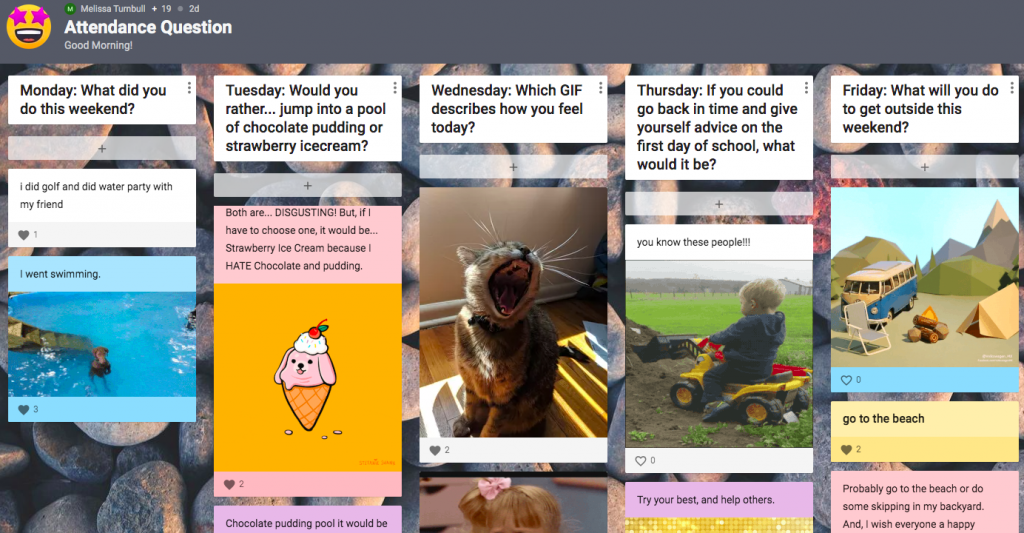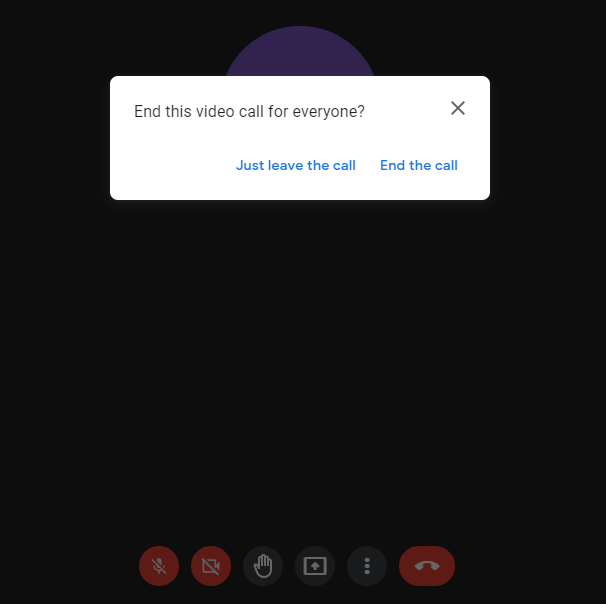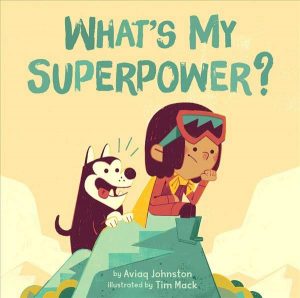Track and Field Day
Is it possible to have 4 words to usher in the beginning of the end of the school any better than these? Perhaps class party early dismissal come close, but I have to admit track and field day takes first place. Although it’s been a while, we start each year off running with cross country in September and October. Somehow, they have set the pace to a year of engaging students in spaces outside of the classroom.
Aaah there’s nothing like being outdoors in the fresh air watching students roam, run, roll, and occasionally hop from event to event. Whether it’s a 100 m dash across uncut grass, jumping events (minus high jump) or 4 laps around the building as an impromtu 800 m track it is definitely a day for students to outshine the noon day sun. Now this is my idea of distance learning.
This year the events were held over the course of a week in order to accommodate for some wet Spring weather, but student spirits were undampened when rescheduling occured. They knew those freezees waiting at the rest station were only going to be more freezier from the wait. When the sun came out to stay, the competitions were underway. And they went off with relatively few hitches or injuries. Especially, that run around the school on an occasionally uneven concrete sidewalk. Even with a less than perfect track and field the students did really well. So why state the obvious in a union blog post?
Well I wondered that too at first when the idea baked into my head while watching our students compete. It also occurred while I watched students run events, while staff supervised, and when students had free time in between. It was like hundreds of different versions of the same moment happening simultaneously yet differently for all of us. WHOA! (Bill and Ted version)
So as I watched the days run their courses, I witnessed a lot of parallel events that might have gone otherwise overlooked if solely looking at the times, distances, and names on the events lists. Here are a few things that made it to the invisible podium that day. I’ll let you decide whether they are positive or negative.
- Students are really helpful when they are empowered to lead and trusted to do so. This was so obvious as I watched volunteers from older grades lead their stations, show up on time, and encourage(wrangle, herd, shepherd) the competitors through their events.
- Students really thrived with the extra time outdoors. These days were pure social with a healthy amount of friendly competition. I really appreciated how students from different grades lined the event areas to cheer on their peers. For the most part this was really wholesome other than the one or two knuckleheads who thought it was okay to mock their friends throwing abilities. #teachablemoment
- Students gave their best efforts considering that practice for these events (standing long jump, running long jump, ball throw, shotput etc.) is usually limited to Phys Ed classes that occur only twice per week. Seeing students struggling with these skills shows how much we have missed over the past two years of pandemic learning when we were online.
- There will always be some students who choose to quit before a race is over.
I mentioned earlier that you will have to decide how to see this one
For me this has always been a toughy. Having been taught from the start to give it 110% and every other cliché in the book, I was left wondering why someone would quit in the middle of a short race when they were not injured? Have some of our students cracked some code here? Maybe it was easier for them to control the moment by ending it on their terms? All of this led to an interesting discussion with my 4/5 students.
Since I was with them for most of that day, I saw a lot of determination and effort. I made sure I told them as such and how I was a bit relieved to see most of them push through even when first place, second place, and third place were not the prizes at the finish line while an unusually larger of their peers did not. I asked them what made them finish anyways? I also asked them what made them stop at certain times? Then I asked myself what needs to happen for everyone to finish their metaphorical events regardless of the outcomes? I guess that question has to be asked of all of us? Just like the events on track and field day, how we prepare ourselves for each day really matters.
What keeps you going when the finish line seems further away than ever? What keeps you roaming, running, rolling or hopping until the end of the race?
Whether it is fitness, meditation, hobbies, acts of kindness, family, friends, faith, pets, any or all of the above these pursuits/passions have helped many of us finish another school year strong despite the wretched election results, a year of hybrid learning hell (personal opinion), and countless uncovered COVID 19 absences due to systemic ineptitude. Without them, I am sure that I would not be in a good place this month.
I encourage you all to take heart, you’re almost there. The tape is stretched across the line of this decathlon of months spent planning, communicating, learning, unlearning, supporting, and teaching. You will cross that line and the rest to follow will feel so good.





